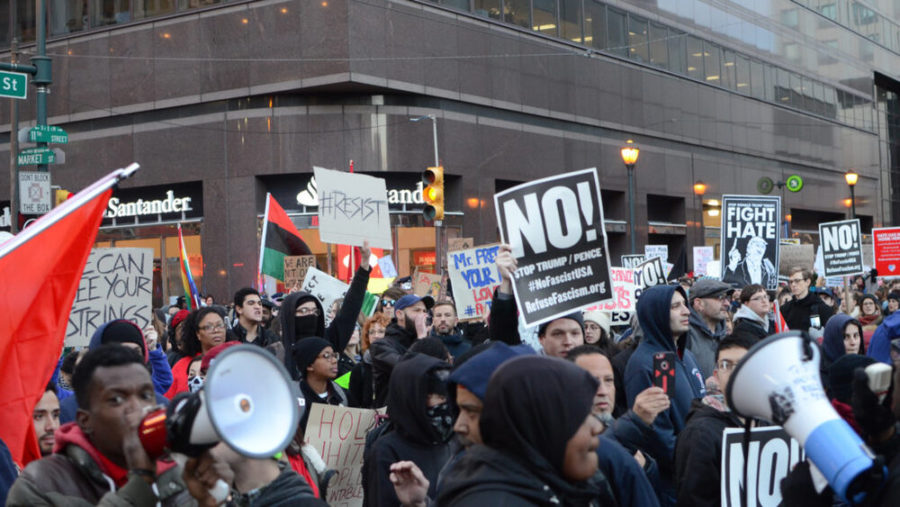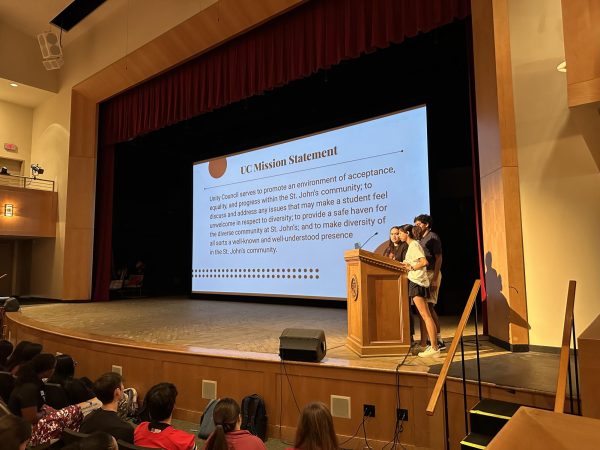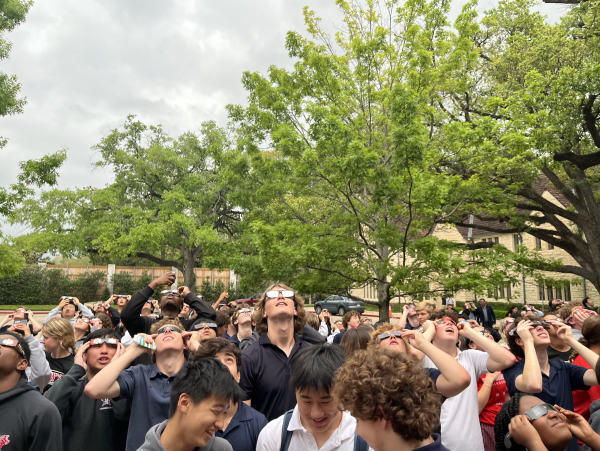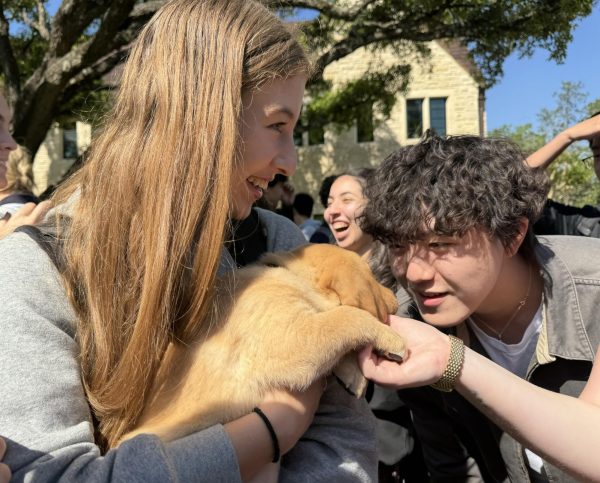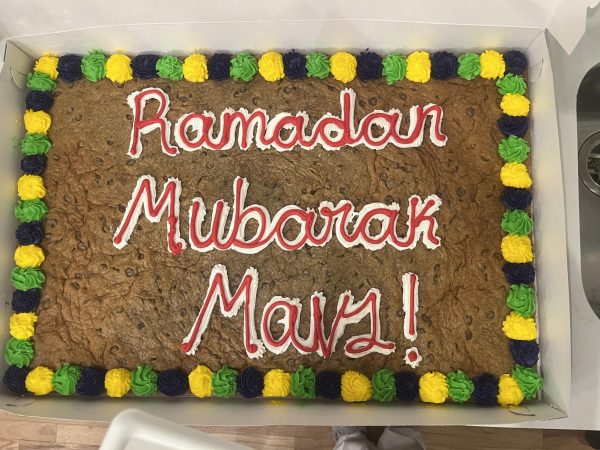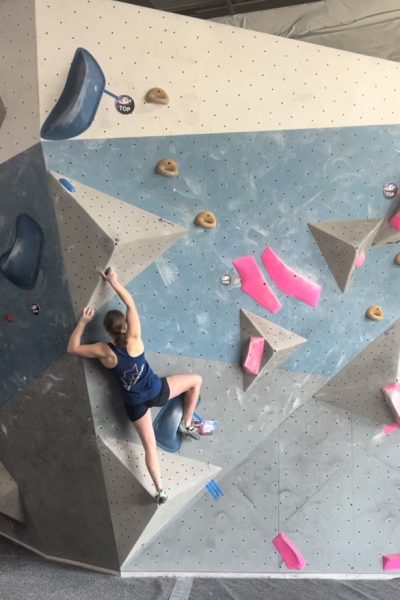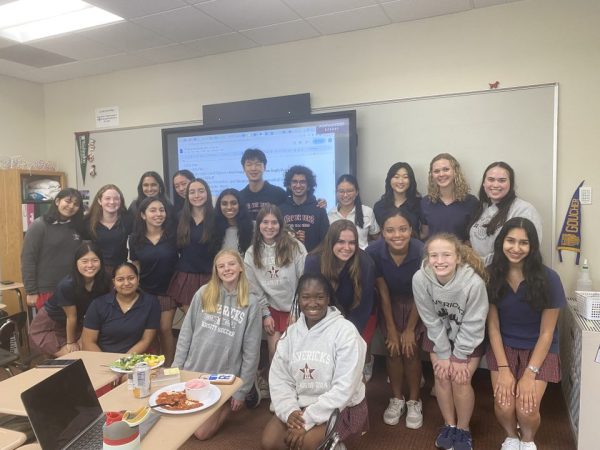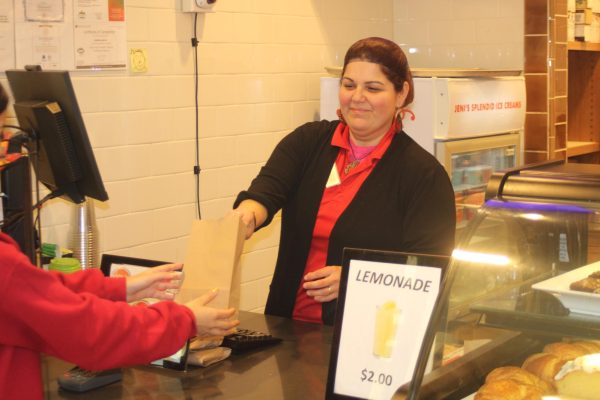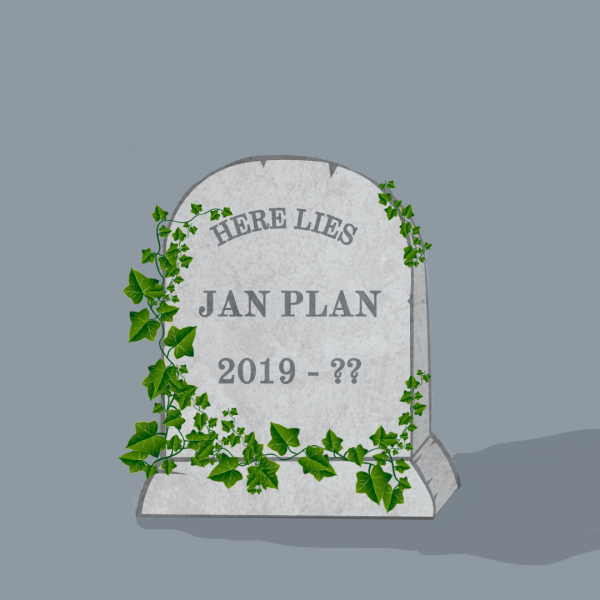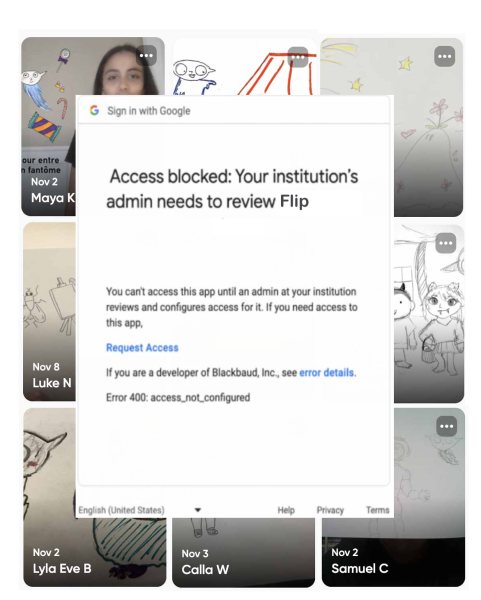SJS community reacts to rise in anti-Asian hate, Unity Council and EAAG host forums
Over the past year, the pandemic has exposed pre-existing anti-Asian hate in the United States.
During a shooting in Atlanta on March 17, eight people were murdered, six of whom were Asian women. When students returned from spring break the following week, the news became a widespread topic of discussion.
“The shooting made a lot of people realize that anti-Asian hate exists, but anti-Asian hate has been around forever,” junior Maria Cheng said. “Only now, people are becoming aware and educating themselves.”
Over the past year, the pandemic has exposed pre-existing anti-Asian hate in the United States. Ever since the virus originated in Wuhan, China, the number of hate crimes and animosity directed toward the Asian American and Pacific Islander community has also increased.
“Sometimes, it feels like the members of the AAPI community are the easiest to pick on, so we really need to emphasize that it is not acceptable to use the AAPI community as a scapegoat for these kinds of problems,” East Asian Affinity Group officer Scott Koh said.
As a member of the AAPI community, Cheng often faces racial discrimination through microaggressions and stereotypes. One of these stereotypes is the model minority myth, the generalization that members of the AAPI community are the highest-achieving immigrants. These struggles are common for many members of the AAPI community, according to Cheng.
In addition to bringing systemic racism and xenophobia to light, the Atlanta shooting reminded people that the model minority myth does not protect the AAPI community from “becoming victims of a shooting or acts of hate due to COVID-19,” according to Director of Community and Inclusion Gene Batiste.
During these difficult conversations, it’s really good when people are uncomfortable.
— Natalie Brown
“This shooting is yet another wake-up call that underrepresented and marginalized people can still be victimized by hate and xenophobia based on identity,” Batiste said. “Even a supposed ‘positive’ stereotype will not give them safety.”
In a joint effort, leaders of EAAG and the Unity Council held three student-led discussions during the two weeks after the Atlanta shooting. Participants shared their thoughts regarding the identity-based hate and xenophobia that has become increasingly apparent in recent times, according to Koh.
“During these difficult conversations, it’s really good when people are uncomfortable,” Unity Council Co-Chair Natalie Brown said. “That’s when we learn and grow the most. I’d really like to compel people to get comfortable with being uncomfortable.”
Cheng said that having discussions regarding systemic racism and xenophobia also progresses toward change.
“There are many levels of what change can be,” Cheng said. “We can start at the top with passing legislation that takes active steps to reduce anti-Asian discrimination that exists institutionally, but a lot of the change doesn’t even happen on a grassroots level. We need to change our own rhetoric, our own narratives and how we really approach this issue from a person-to-person level.”
EAAG and Unity Council plan to continue fighting against AAPI discrimination, even after the buzz about the Atlanta shooting eventually fades away.
“In America, anti-Asian hate is normally glossed over and ignored by the general public, especially in comparison to discrimination against other minority groups,” Brown said, “but we can’t trivialize racism based on who it’s against. It’s all the same, and it’s all coming from the same place.”
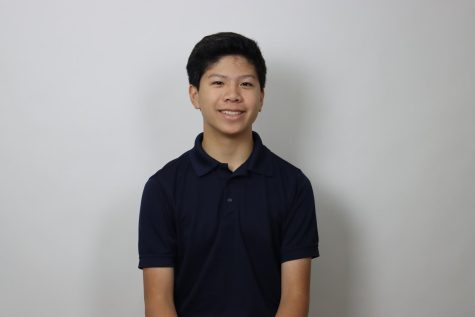
Dawson "Old Man" Chang ('24) joined The Review in 2020 as a freshman. He is super cool.
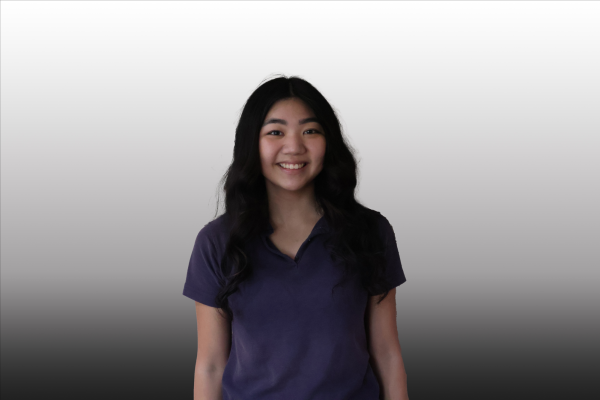
Mia Hong ('24) joined The Review in 2020 as a freshman. She can get up in the morning with only one (1!!) alarm and she thinks Grape-Nuts cereal is...


